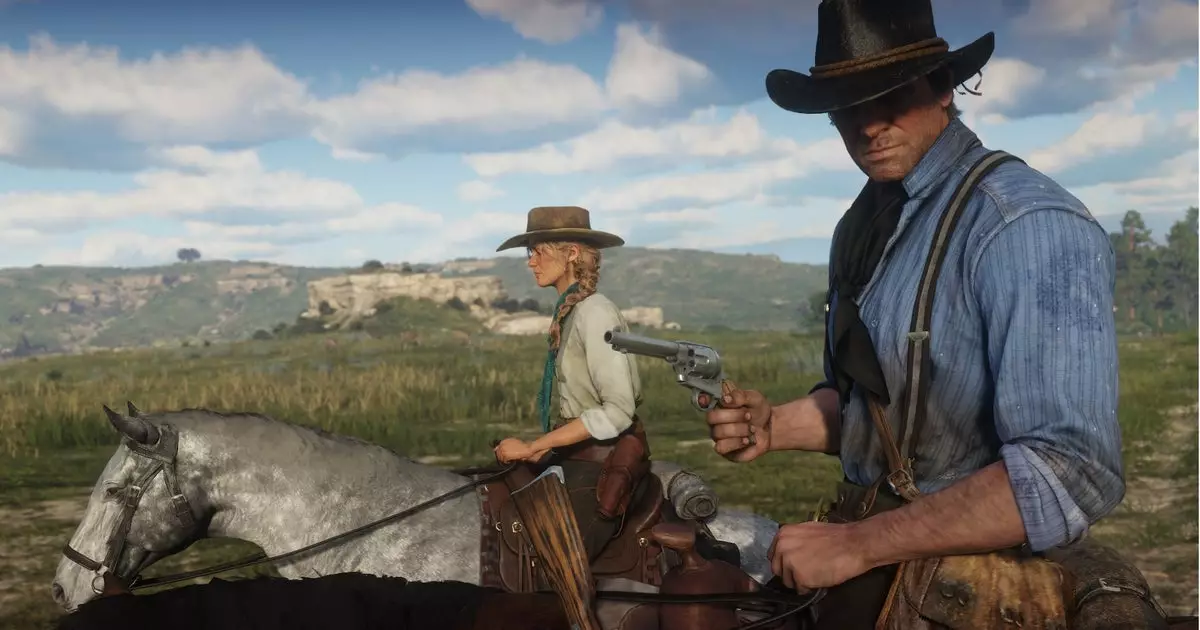The former president of Blizzard, Mike Ybarra, recently proposed the idea that players should have the option to tip developers after finishing a game. This suggestion comes in addition to the initial $70 price tag for the game itself. Ybarra mentioned that after playing games like Elden Ring, Baldur’s Gate 3, Red Dead Redemption 2, God of War, and Horizon Zero Dawn, he felt compelled to give extra to the developers as a token of appreciation for the amazing gaming experience they provided. He expressed a desire to show his gratitude for games that exceeded his expectations without bombarding him with in-game microtransactions or paid DLC. This proposal aims to offer players the chance to reward developers for their hard work and dedication to creating exceptional gaming experiences.
While the idea of tipping developers may sound appealing on the surface, it raises several concerns and potential implications, especially when applied to triple-A games with a price point of $70. Critics of this proposal argue that tipping on such games could end up benefiting publishers rather than the actual developers who pour their time and effort into creating the games. This distinction is crucial, as developers are often the ones who face challenges and are usually the first to bear the brunt of decisions made by massive corporations. Moreover, the current cost of triple-A games is already considered exorbitant by many industry experts, leading to discussions about the sustainability of this pricing model. Some industry leaders, such as Matthew Karch of Saber Interactive, have even suggested that the current pricing structure for games is unsustainable and might need to evolve in the future.
Ybarra acknowledged that his proposal might not resonate with everyone and anticipated that many would have reservations about the idea of tipping developers in the gaming industry. He emphasized the distinction between rewarding developers for their hard work and creating a pressure to tip, highlighting the difference between the two scenarios. However, it is essential to consider the broader economic landscape and the challenges faced by many workers who rely on tips to make a living. In a time where the gaming industry is booming, yet developers are often overworked and underpaid, finding a balance between rewarding developers and ensuring their financial stability is crucial.
Despite his proposal for tipping developers, Ybarra’s previous statements about the necessity of frequent new content and monetization strategies in games raise questions about the underlying motivations behind such proposals. The shift towards free-to-play models and the prevalence of expensive in-game purchases in games like Overwatch 2 reflect a complex relationship between developers, players, and financial sustainability in the gaming industry. While tipping developers directly could be a step towards ensuring the industry’s sustainability without solely benefitting shareholders, it remains to be seen whether this approach is feasible in the long run.
The idea of tipping developers after finishing a game presents both opportunities and challenges for the gaming industry. While the proposal aims to reward developers for their hard work and dedication, it also raises concerns about the distribution of funds and the overall sustainability of the industry. As the debate continues, it is essential to consider the complexities of the gaming ecosystem and the impact of tipping on developers’ livelihoods. Whether tipping becomes a standard practice in the gaming industry remains to be seen, but it has certainly sparked a thought-provoking discussion about the value of developers’ contributions to the gaming experience.


Leave a Reply